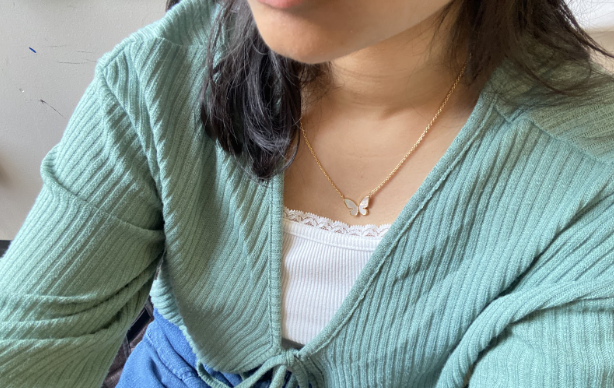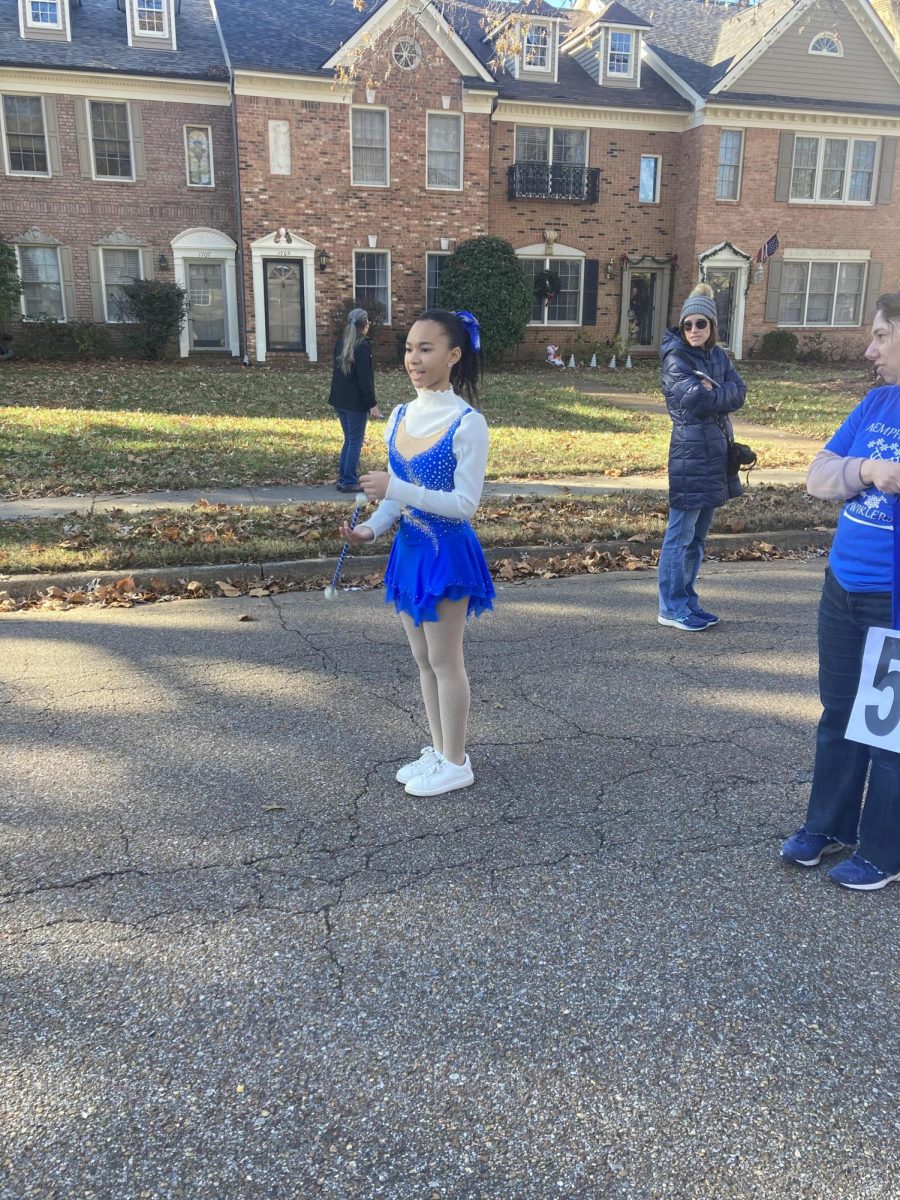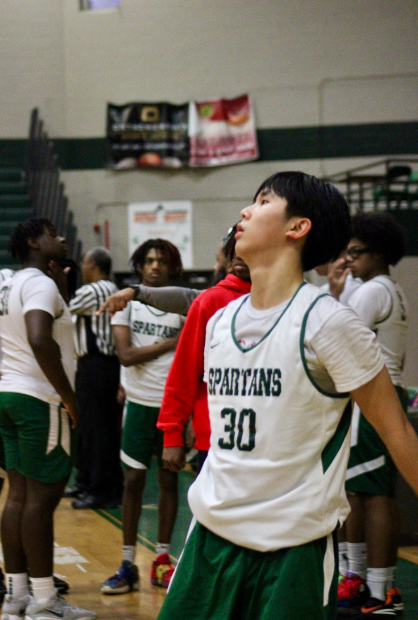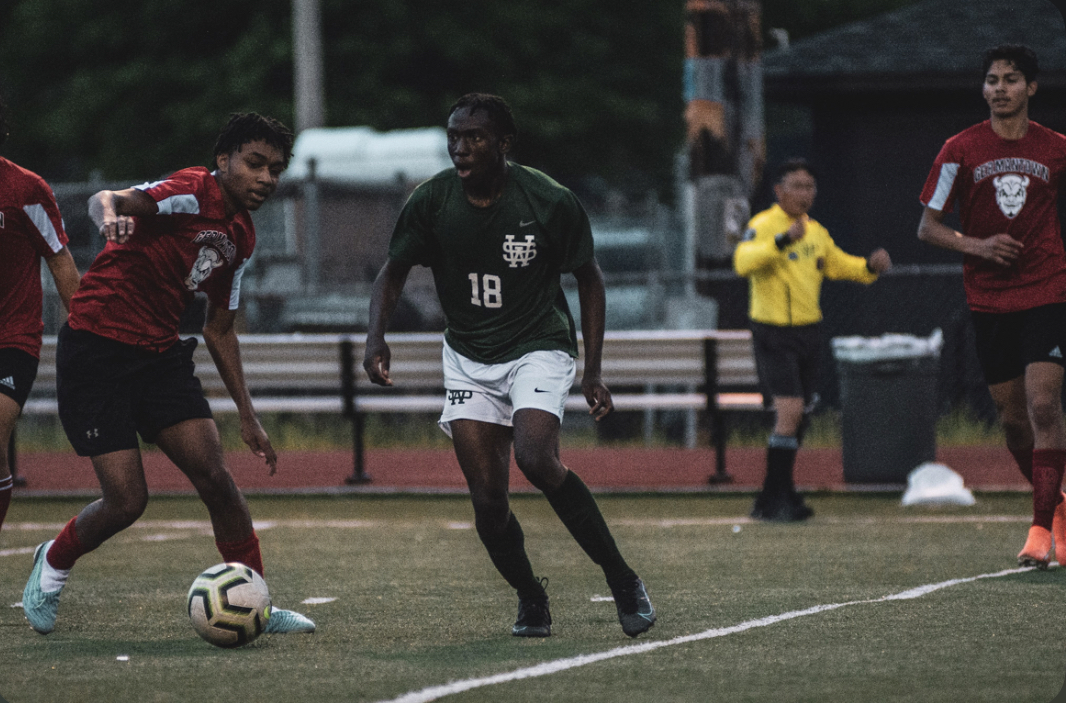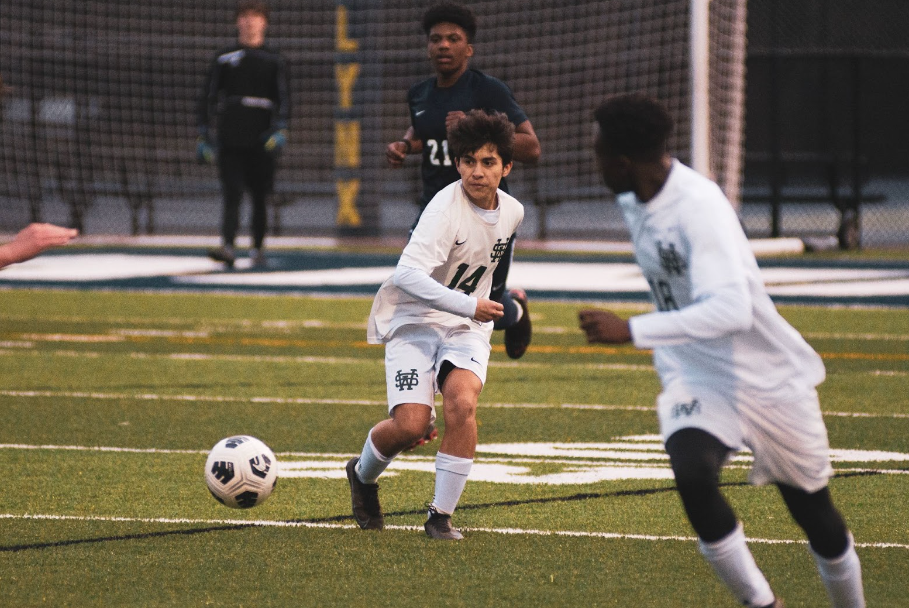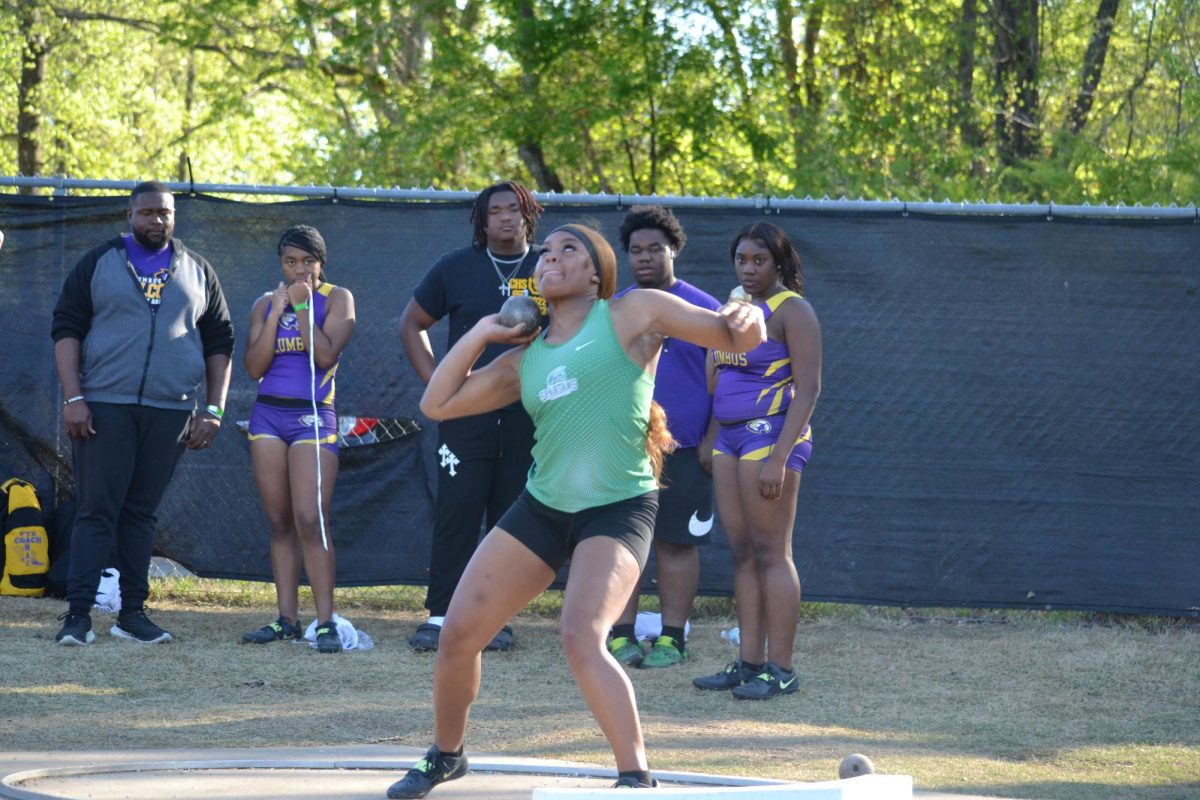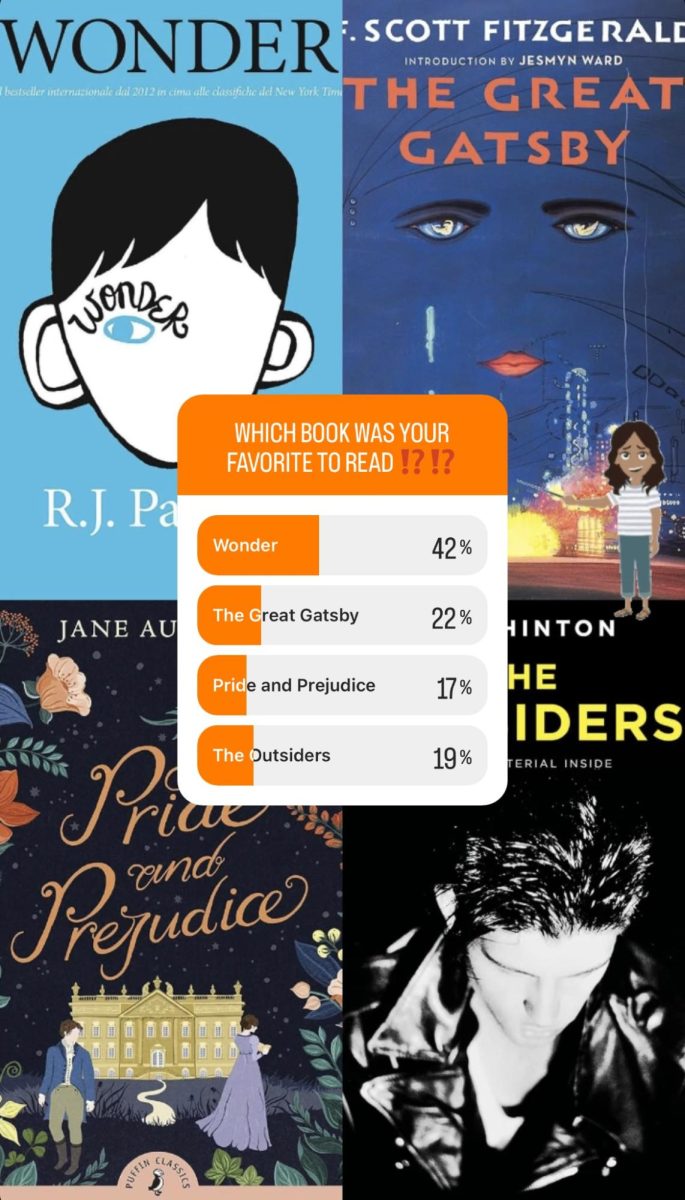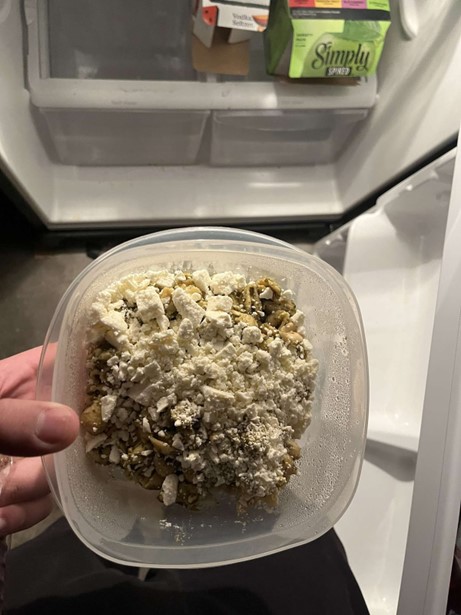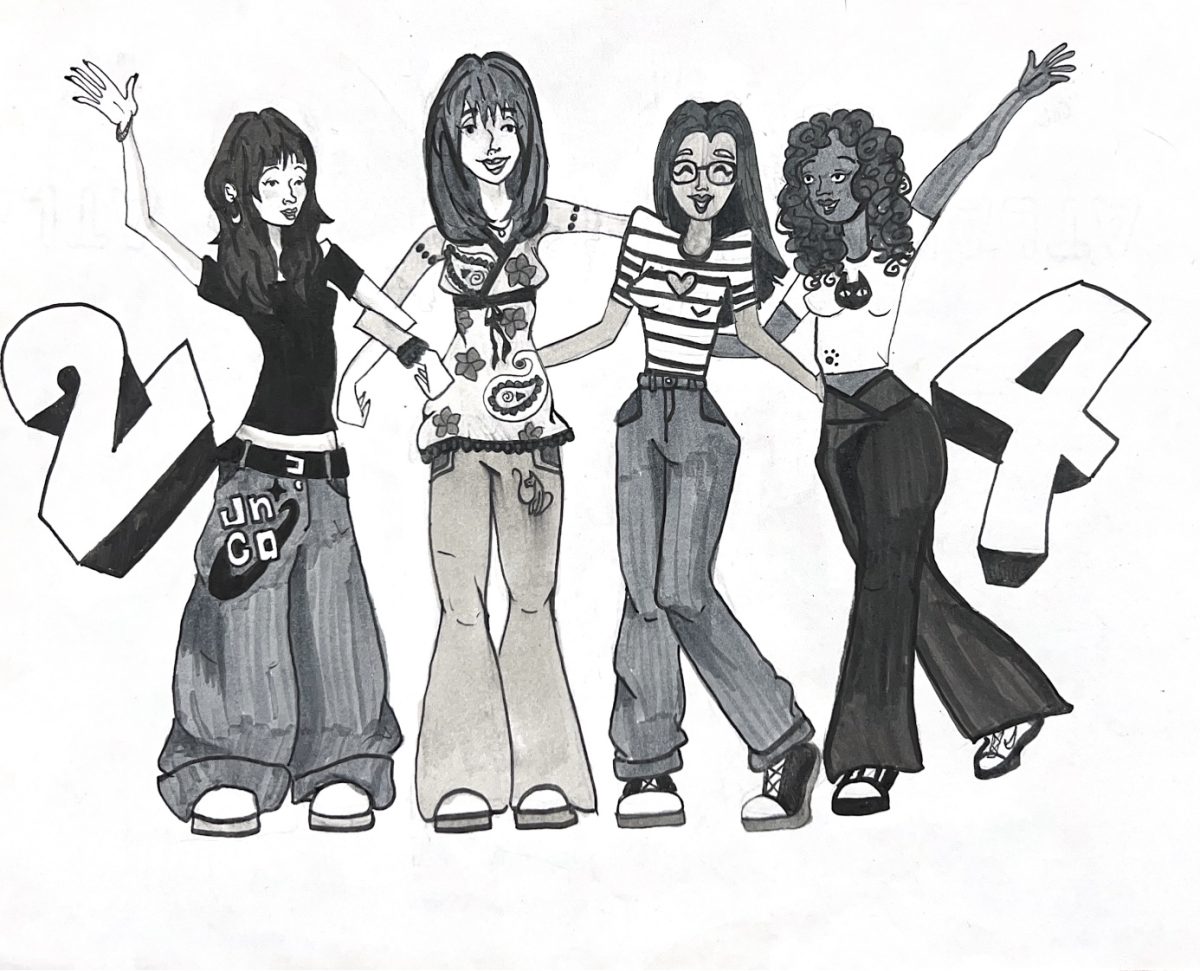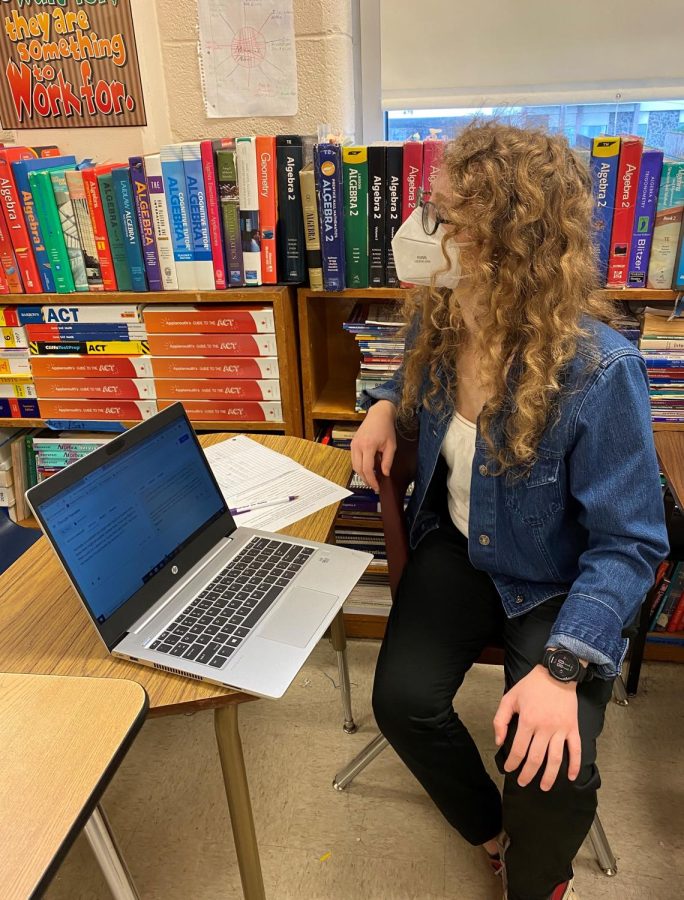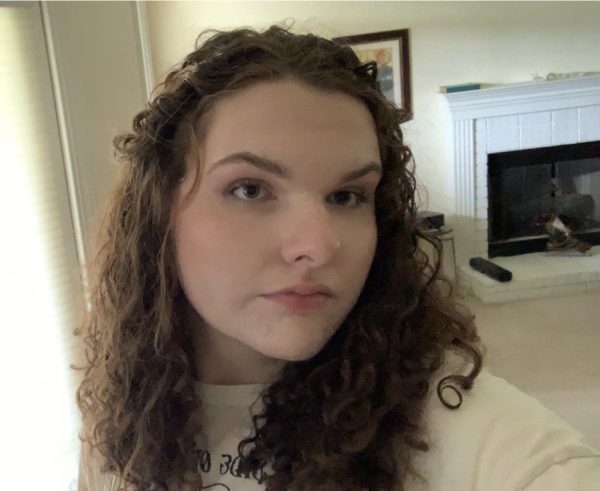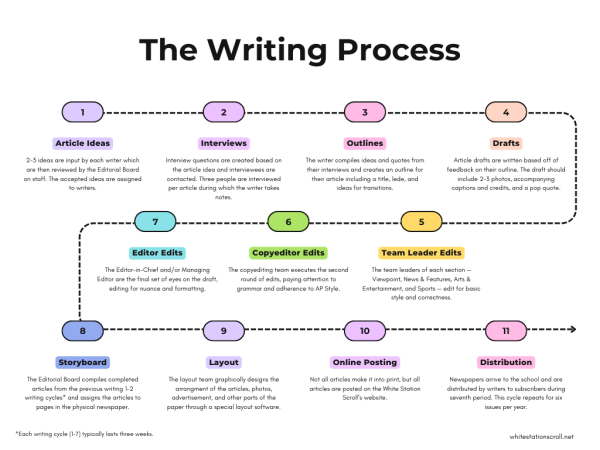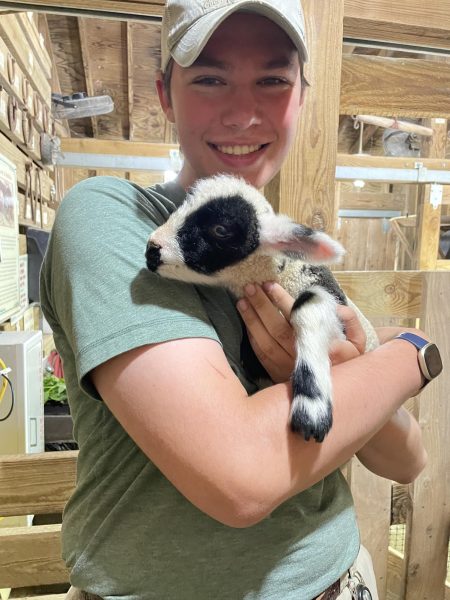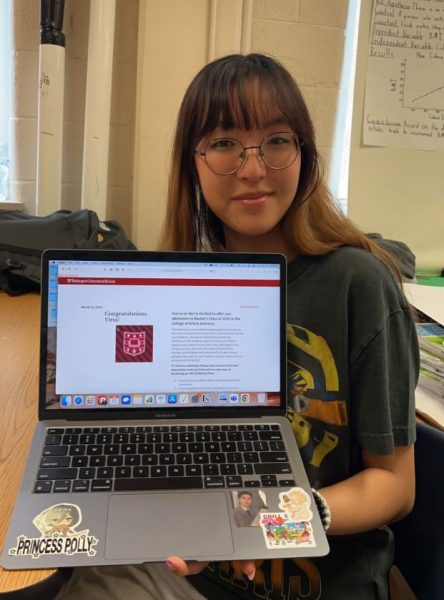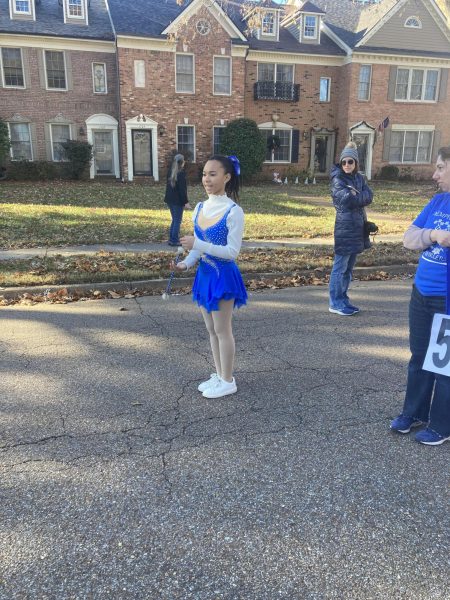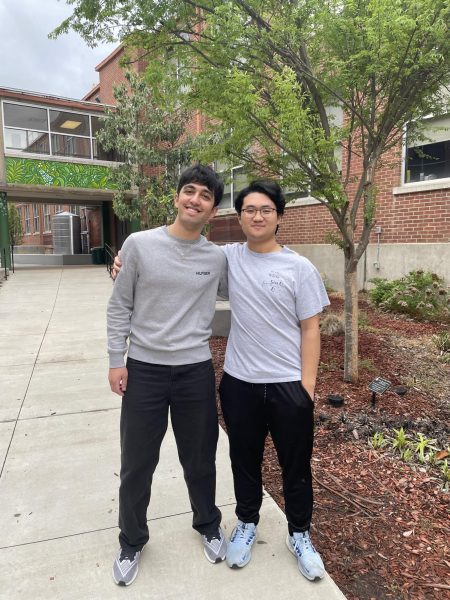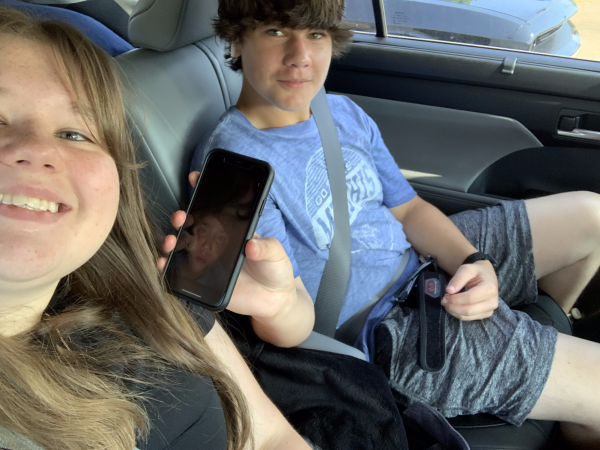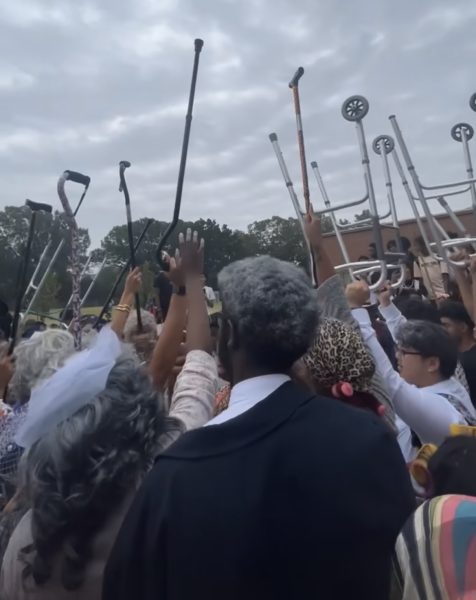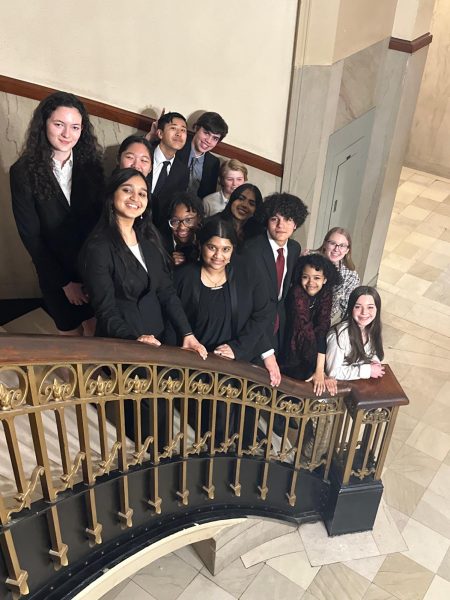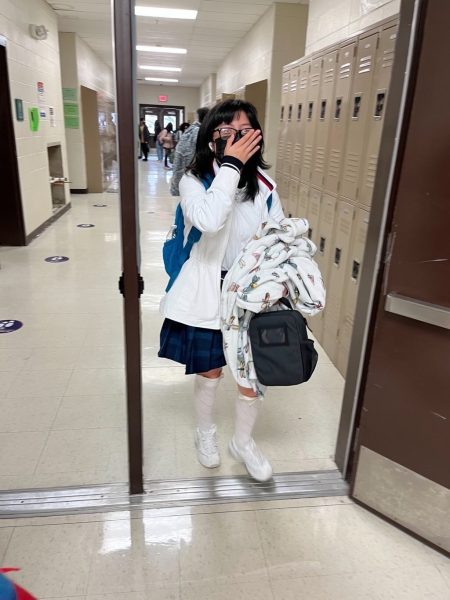Lost in translation: how a student is google-translating his way to academic success
Dahlia Townley-Bakewell uses Google Translate to help an Arabic-speaking student with his work. Since the beginning of the year, this student, who asked not to be photographed, has required the help of student-translators to understand complex math which can be difficult to translate.
The student who is being tutored by Dahlia Townley-Bakewell opted to remain anonymous.
School is difficult enough for English-speaking students, but for those who are less proficient in English in a dominantly English-speaking school, it poses a unique set of challenges. While most students at White Station are able to speak English conversationally, there are some who may lack vocabulary for more specialized subjects and require the extra help of a translator. For Dahlia Townley-Bakewell (11), tutoring a student in math has become her primary task as a teaching assistant.
This student, is originally from Palestine and a native Arabic speaker. While he speaks enough English to communicate, classes such as Algebra II often present complex vocabulary that is not among the words commonly used in day-to-day conversation. While the rest of the class is instructed directly by the teacher, Townley-Bakewell must use Google Translate to teach him the material.
“Mrs. Kirby asked me to TA for her, … so I took her offer. And for the first couple of days, I was just helping people out and then she was like, ‘Can you help (him), because he can translate the work through Google Translate, but he doesn’t really understand the verbal stuff.’ … And it just became an everyday thing. I would teach him how to do the math while she would teach everyone else.”
While Google Translate is the easiest way for the two to communicate, it is often an unreliable service, unable to translate the complex words and ideas being taught in Algebra II. Although some Arabic-speaking students are able to help occasionally, Google Translate remains the only consistent way that this student can be taught.
“I remember asking him what he wanted to be when he grew up,” Townley-Bakewell said. “And on Google Translate it said, ‘I want to get stuck in cars,’ and I wondered what that could possibly be. He typed it again and it said racecar driver, and I was like, ‘Oh that’s what that means.’”
As an Arabic-speaker, Amira Rabaa (11) has been more successful when it comes to translating. Although she has her own math classes to worry about, she tries to make time to help the student by trying to help him learn how to use complex math terms in English.
“The hardest part of translating [complex math terms] is finding the literal meanings of terms,” Rabaa said. “For example, if I were to say quadratic formula, it’s kind of hard to find the exact word for it in the other language.”
While the vast majority of Shelby County School students speak English, Townley-Bakewell believes that there are likely a large number of students who could use extra help with more specialized English vocabulary — help that the district does not provide. In the case of this student, the school did not provide him with any sort of translator, instead leaving the work to already busy teachers and students who cannot offer much help.
“They basically threw him into Algebra II and said, ‘Ok, sink or swim,’” Townley-Bakewell said. “And that’s not really fair because Algebra II is already a tough course, and when you don’t understand the language of instruction, that makes it even harder.”
While this student is the first that Townley-Bakewell has helped translate for, she hopes that he will not be the last.
“I can see it has an impact, especially in math,” Townley-Bakewell said. “Like my grandma, she came here from Ireland when she was 14, [and] her hardest subject was math. So when I’m tutoring [him] it’s like, this is help my grandma should have gotten and didn’t, so I’m giving it to him now.”
Your donation will support the student journalists of White Station High School. Your contribution will allow us to purchase equipment and cover our annual website hosting costs.

